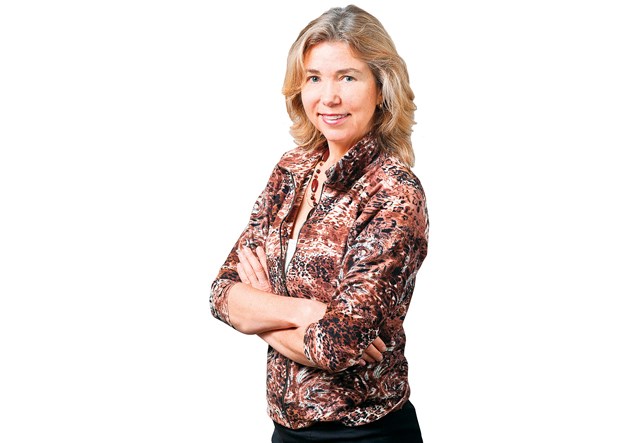A young woman I know was off travelling recently. At one point she texted her dad to say, “Do u ever have a feeling where someone says something very problematic or politically incorrect or just plain incorrect and it makes your skin crawl but you don’t know how to confront them and talk about it without starting a scene or something?”
Her dad later asked me to guess the offence. Knowing this gal has pretty strong political views, I thought someone may have made a sexist or perhaps elitist comment. But no.
She had run into someone she hadn’t seen for a number of years who said something to the effect of, “Wow, you’ve really grown up. And I’m so impressed with how you’ve overcome your autism.”
She didn’t like that. But, again, not for the reasons I imagined. I had assumed she might have felt embarrassed, or didn’t want her “disability” to be highlighted in that way. Rather she said to her dad, “Autism is not something you overcome. It’s just part of who you are.”
What’s more, she likes who she is. Granted, being on the spectrum has presented challenges, but it is also one of the many things that make her unique. My sense is she wouldn’t “overcome” it, even if she could.
Coincidently, I had already planned to write this column about so-called “learning disabilities” following a conversation I’d had with a young man (about the same age) who was organizing a charity basketball tournament at the Oval.
This was the second year Michael Jakac-Sinclair, who is from Richmond and attends Carleton University in Ottawa, has helped organized Hoop to Learn with the aim of raising support for students with learning disabilities who are transitioning from high school to university or college.
His point is that while there tends to be support for dyslexic and learning disabled students, like himself, in grade school, that seems to evaporate once a student graduates. As such, a lot of students who have the capacity to learn at a higher level are blocked simply because they learn differently.
“Your brain isn’t underdeveloped,” Jakac-Sinclair said. “Your brain is just working in a different way.”
What jumped out at me in the conversation was that he never talked about learning disabilities, rather he used the term “learning diversities.”
Before you roll your eyes at yet more “politically correctness,” a few years ago I heard author Malcolm Gladwell being interviewed about his book David and Goliath: Underdogs, Misfits, and the Art of Battling Giants, in which he profiles a variety of extremely successful people. The interviewer asked why he had included a whole chapter specifically on dyslexia. Gladwell said he was also surprised about that, but so many of these high-achievers had dyslexia and every one of them said, “I’m successful not despite my dyslexia, but because of it. It was dyslexia that helped me find a niche.”
I find this so inspiring. I also find inspiring the way these young people are owning their “atypical neurology” and throwing notions of ability/disability on their head. The term learning diverse is not politically correct, it’s just correct.



